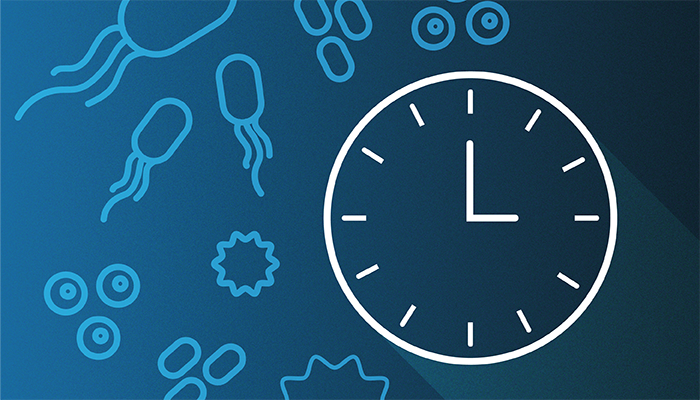Metagenomic next-generation sequencing (mNGS) technology, developed by University of California – San Francisco researchers, can identify a wide range of disease-causing pathogens in under 24 hours, according to two studies.
A seven-year study published in Nature Medicine evaluated mNGS on nearly 5,000 cerebrospinal fluid (CSF) samples, identifying pathogens in 86 percent of neurological infections – a rate higher than traditional diagnostic methods.
By analyzing all genetic material in a sample, mNGS bypasses the limitations of targeted tests, which focus on specific pathogens. Instead, it sequences the entire pool of DNA and RNA, then uses computational tools to filter out human genetic material, isolating sequences from bacteria, viruses, fungi, or parasites. This method enables rapid identification of unusual or rare pathogens, which traditional methods might miss.
“Our technology is deceptively simple,” said Charles Chiu, professor of laboratory medicine and infectious diseases at UCSF and senior author of the study, in a press release. “By replacing multiple tests with a single test, we can take the lengthy guesswork out of diagnosing and treating infections.”

Credit: The Analytical Scientist
The second study, published in Nature Communications, showed how mNGS – now automated – works for respiratory infections. This version was able to identify pathogens in respiratory fluid – SARS-CoV-2, influenza A and B, and RSV – in under 24 hours.
"Our goal was to have the entire process completed within 12 to 24 hours, giving a same-day or next-day result," explained Chiu. The test can detect low viral loads and genetically diverse viruses, including new strains.
Both the CSF and respiratory versions of the mNGS test have received breakthrough device designation from the U.S. Food and Drug Administration (FDA).
To commercialize the technology, several of the researchers founded Delve Bio, which is now the exclusive provider of the mNGS CSF test developed at UCSF.




